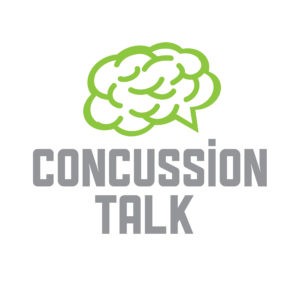This past week’s Pilates classes have gone really well! Even though Friday’s class was still small, a few more people came than last week, and there was a much bigger turnout for Saturday morning’s class! I think they went well, and I’ve heard good feedback too. The Neuro class at Pony Locale was great again this week! Another large turnout, participants are enjoying it, and last week, one of the participants lent me a book, Brain Rules, by John Medina (website here), which has given me the opportunity to think slightly differently about how I teach Pilates and how I learn in general.
I am not quite halfway through the book, and so far I have learned about exercise, sleep, brain wiring, stress, and attention. So far all chapters have given me more ideas about learning, teaching, and, therefore, Pilates and exercise in general. What I’ve read is both insghtful and reassuring. Oddly enough, I’m very happy about how my brain is working now. Neural pathways controlling my left side, and some of my optic nerves are still not as efficient as ideal, but otherwise my brain and I get along well. The point Medina makes about exercise is that it’s good for our brain, not just our muscles. This is not an earth shattering revelation, but one that is ignored all the time. He’s not saying pro-athletes are all geniuses, and he’s not implying that doing Pilates is going to turn you into a rocket scientist. However, what he does note explicity is that exercise carries blood to your brain and with it, energy and oxygen, also stimulating brain derived neurotrophic factor (BDNF), a protein that encourages neurogenesis, the creation of new cells, notably in the hippocampus, where short term knowledge becomes long term knowledge, an area of the brain that is vital for learning.
Without delving completely into the book, risking plagarism, and turning this post into a book report, I want to note the importance of listening to yourself and following obvious cues from your body. Your brain is part of your body. Take care of your body and you also help take care of your brain. It tells your body what to do, so listen to it! This isn’t rocket science! If you only listen to all of the little tricks and secrets about how to care for yourself, you’re missing the point and making things more difficult than they are. If you’re tired, sleep. If you’re thirsty, drink. If you feel stiff, loosen yourself up, go for a walk. If you have too much energy and you can’t sit still, don’t sit still, go for a walk, exercise.
I know, ‘Easier said than done!’ Not really. You know when you wake up and all you want to do is stay in bed, but you’ve got to go to the bathroom? You hold it in and buy yourself a bit more time, but then you start feeling uncomfortable. You say to yourself, “I should get up now”, but you don’t. You can still buy a tiny bit more time. Then a tiny bit more. Maybe a few more really uncomfortable seconds. Finally, either you get up or the decision is made embarrassingly easy for you. Once you finally go, one way or the other, you feel as if the weight of the world is lifted off your shoulders and for a moment, you’re seemingly the happiest you’ll be all day.
I push things off until tomorrow, then the next day, because they don’t need to be done today. You can push off getting groceries, but you can’t push off eating. One is important to you, the other is vital for you. You can procrastinate on, or even avoid doing important things. Theoretically, you can procrastinate on doing something vital, although you’ll suffer, but you cannot avoid doing something that is vital. Your brain’s health is vital for you,. Take care of it and it will be better able to take care of you.
